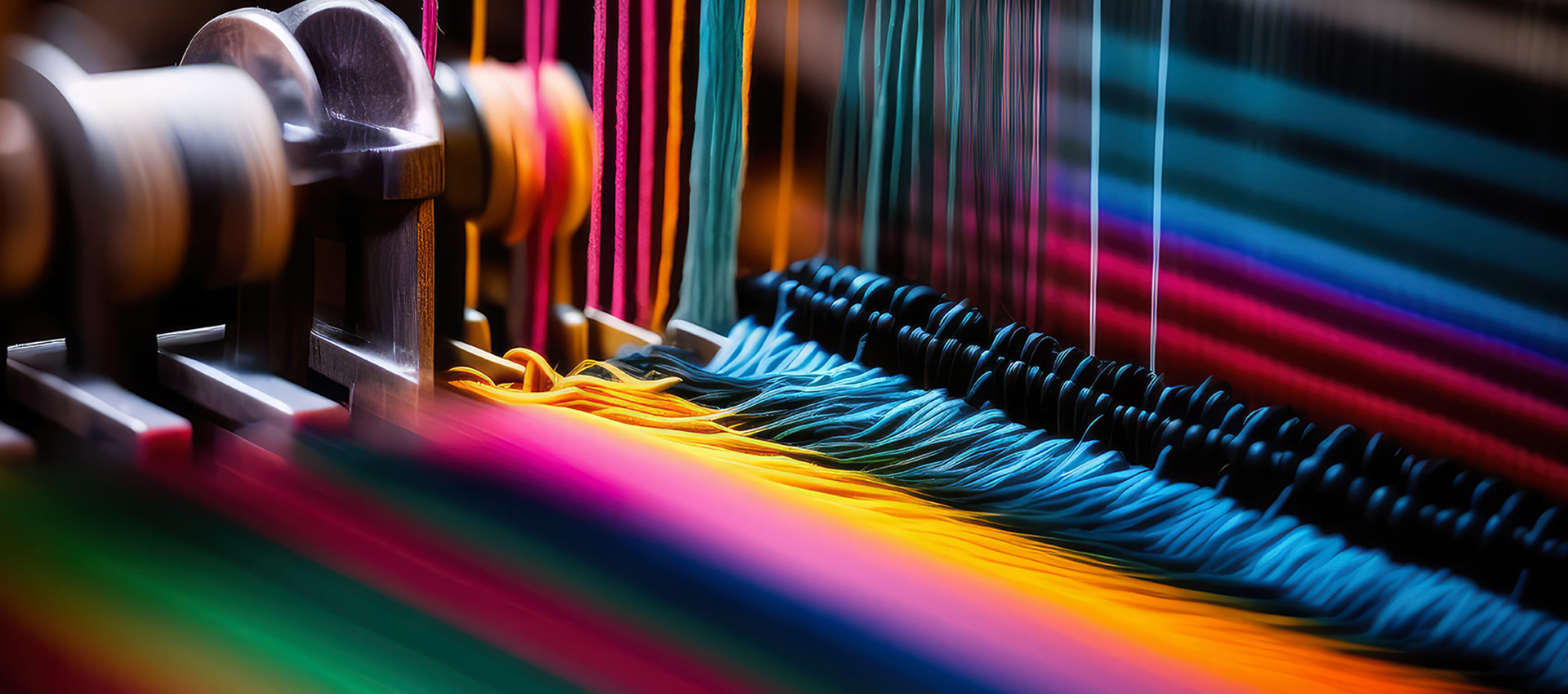Textiles
Magnesium is used in textile machinery due to its unique properties of lightness, strength, and durability.

Lightness
Magnesium is the lightest metals, making it ideal for textile machinery , which need to be lightweight to avoid adding mass to the machinery. Reducing the weight of the machinery parts can improve the speed and efficiency of the machinery.
Strength
Magnesium alloys are very strong, even at high temperatures and speeds. This makes them ideal for textile machinery’s non-woven fabrication needle & looming boards, which need to be able to withstand the high stresses and temperatures of the textile manufacturing process.
Durability
Magnesium alloys are very durable, which means that they can withstand the rigors of the textile manufacturing process without breaking or wearing out quickly. This helps to reduce maintenance costs and improve uptime for textile machinery.
In addition to lightness, strength, and durability, magnesium also offers a number of other benefits for textile machinery, including:
Corrosion resistance
Magnesium alloys are resistant to corrosion, which is important for textile machinery that may be exposed to harsh environmental conditions, such as chemicals and dyes.
Machinability
Magnesium alloys are relatively easy to machine, which makes it possible to create complex designs.
Cost-effectiveness
Magnesium is a relatively inexpensive metal, which makes it a cost-effective choice for textile machinery.
Vibration Dampening
Magnesium has excellent vibration dampening, which improves accuracy and precision but reduces the energy needed to stabilize equipment. Magnesium are free and fast machining. This makes it possible to create complex designs quickly.
